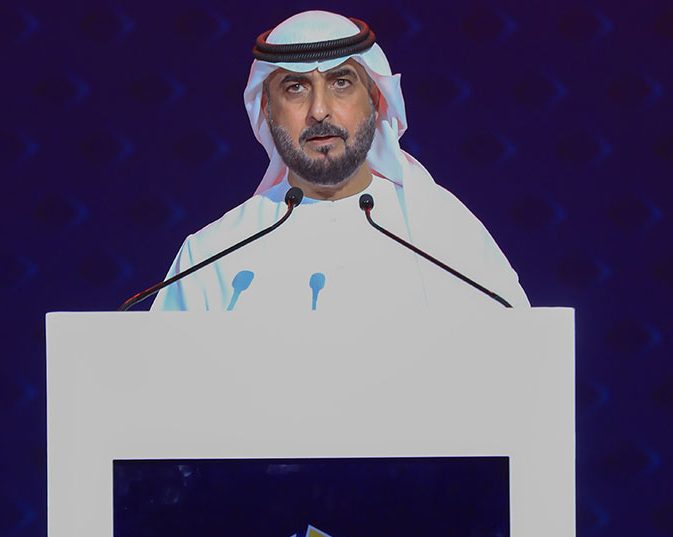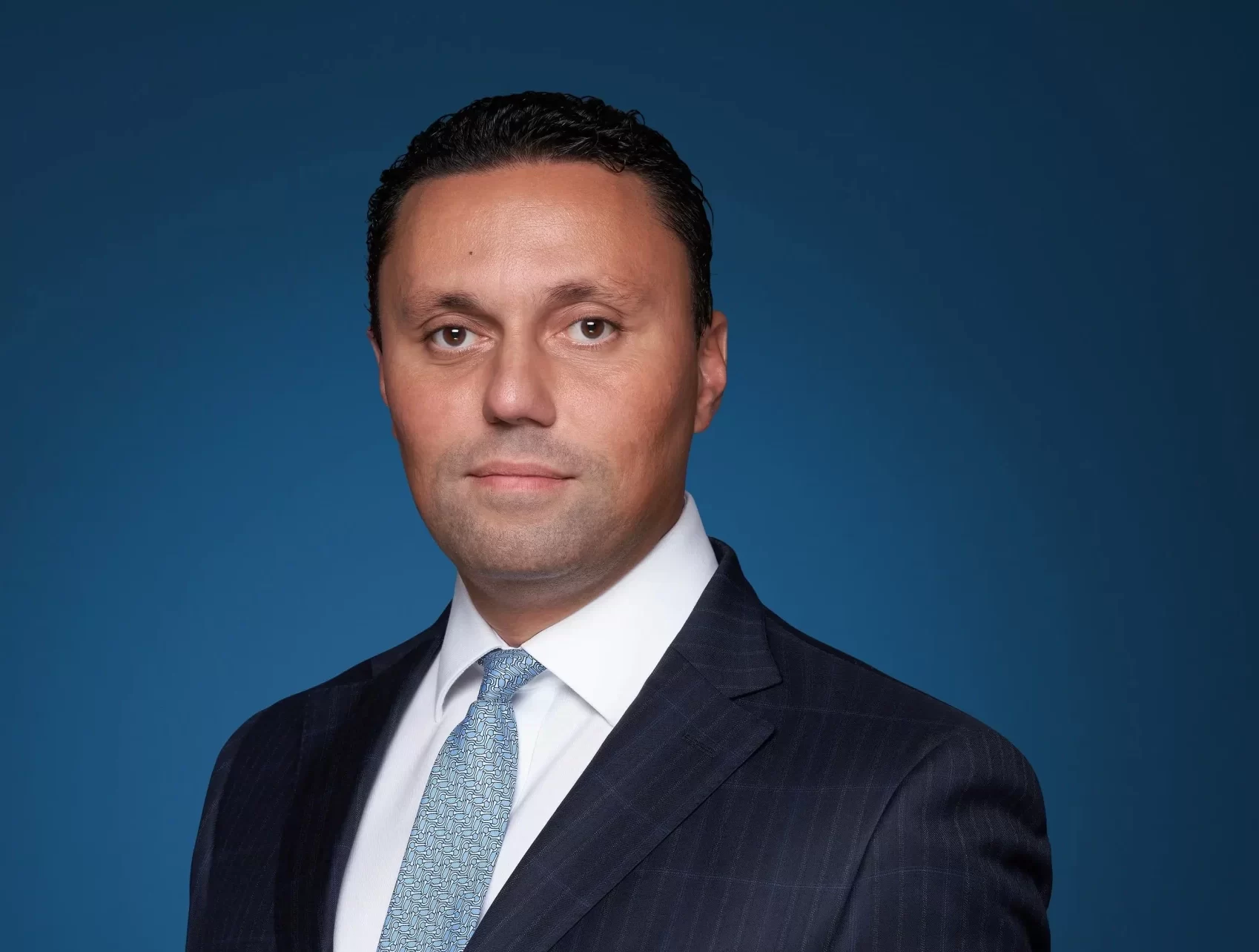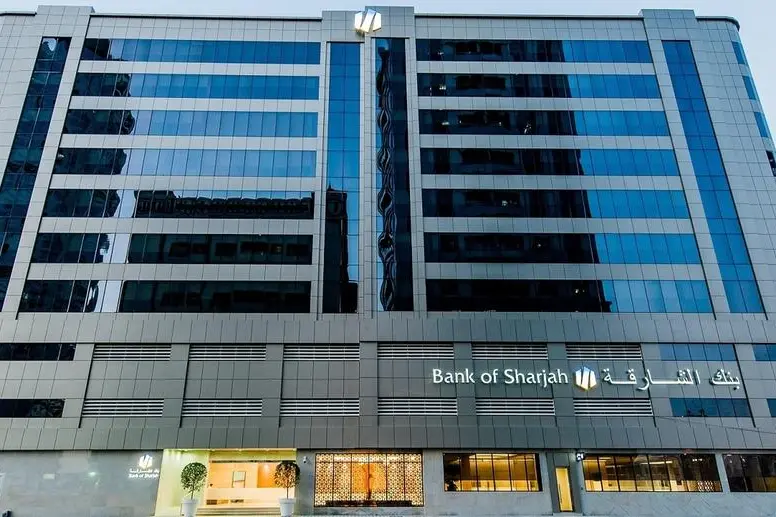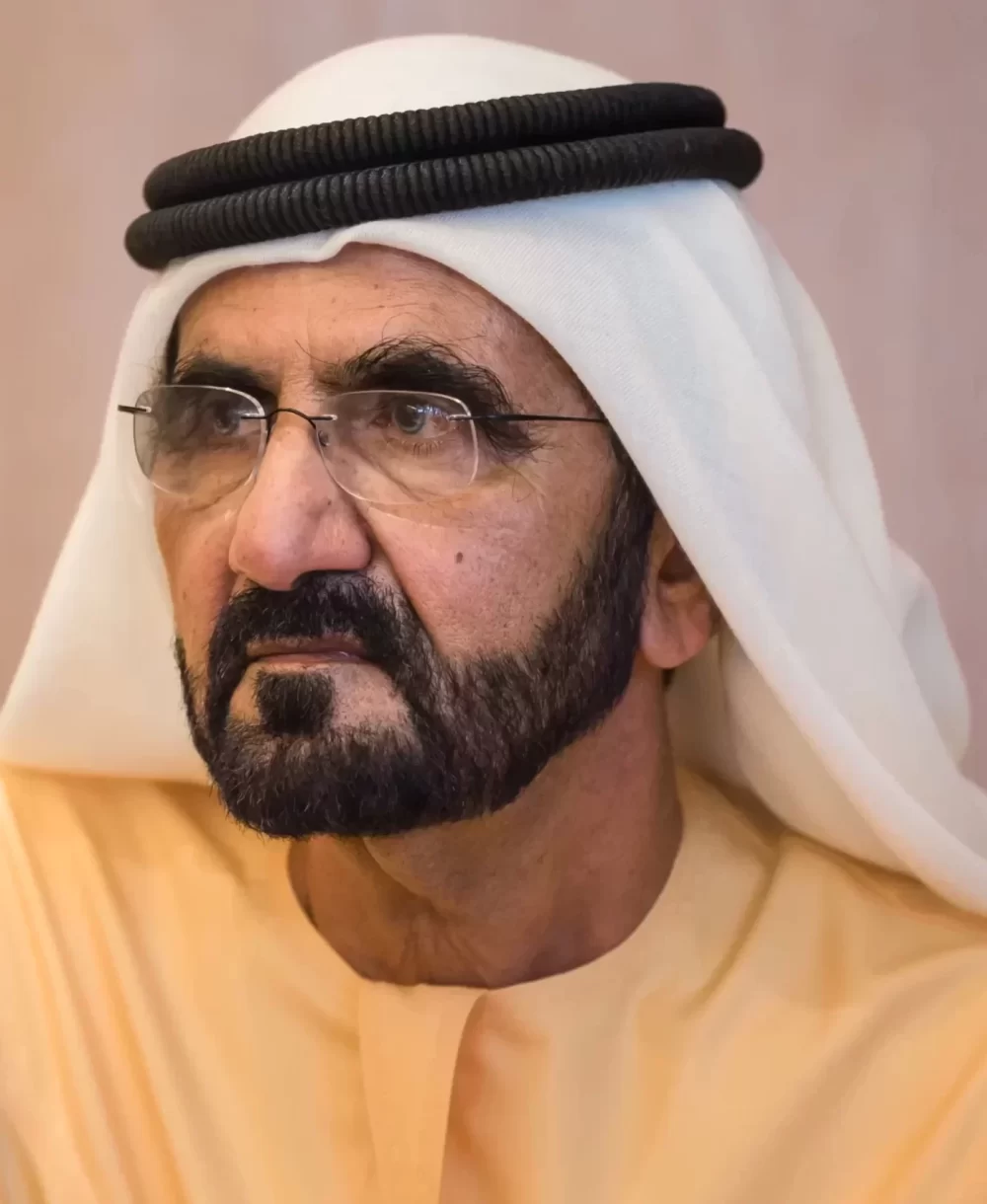The Exact Age When You Make Your Best Financial Decisions
There’s a magic number for when your expertise and cognitive powers align
The prime years for making smart financial decisions are, on average, 53 and 54.
At around that age, people have accumulated knowledge and experience about money, spending and saving, but haven’t begun losing key analytic cognitive skills. It’s also roughly the age when adults make the fewest financial mistakes, related to things like credit-card use, interest rates and fees.
Knowing what leads to the financial strength of your early 50s is valuable. Younger adults can delve more deeply into basics like inflation and interest rates to hedge against lack of experience, and those who are older can work to keep their analytical skills sharp.
“As we get older, we seem to rely more on past experience, rules of thumb, and intuitive knowledge about which products or strategies are better,” says Rafal Chomik, an economist in Australia at the ARC Centre of Excellence in Population Ageing Research.
Chomik led a 2022 study that looked at financial literacy, which is the ability to understand financial information and apply it to managing personal finances. Financial literacy typically peaks at age 54 and then declines, according to the study.
The study gauged financial literacy using questions about inflation, interest rates and diversification. One question: If in five years, your income has doubled and prices have doubled, will you be able to buy (A) less, (B) the same, (C) more than today. (Answer: B)
People can—and do—make good financial decisions from their 20s to their 40s, as well as into their 60s and 70s. Chomik, who is 45, says some of his best financial decisions came earlier in his life and involved his 401(k)-type savings account. Contributions were mandatory when he started his first job at around age 18, but once enrolled, he actively chose funds that benefit those who have a longer investment horizon.
Financial decision-making requires a combination of reasoning skills that differ by age. Those in their 20s are better at absorbing and processing new information and computing numbers—so-called fluid intelligence—but don’t have as much life experience or crystallised intelligence—the accumulation of facts and knowledge. Crystallised intelligence tends to improve with age.
Getting help
Beverly Miller, a financial coach who often works with people who are in debt, says she did most things right before her 50s, avoiding credit-card debt, paying off car loans and paying off a 30-year mortgage in 12 years.
But she didn’t invest as wisely as she could have. For example, she moved money in a retirement savings account out of growth funds and into fixed-income funds.
“We would let market changes scare us into making changes we shouldn’t have,” says Miller, 65.
Miller says she and her husband could have made more money if they had left it in growth funds. Likewise, she invested in rental properties, which she thought could be an easy source of income but weren’t.
It wasn’t until she was in her 50s that she and her husband finally turned to a certified financial planner to help with investments, she says.
“In your 50s, you have enough maturity and experience to know you need help,” says Miller.
Age of reason
People make financial mistakes at any and every age, but they made fewer mistakes at the age of 53, according to economic researchers. In one study, economists looked at financial choices made by adults in 10 financial areas, including home-equity loans, lines of credit, mortgages and credit cards, and how those decisions affected fees and interest payments.
Fees and interest payments, across all 10 areas, are at their lowest levels around age 53, according to the 2009 study in the Brookings Papers on Economic Activity. That age was referred to as the “age of reason,” or the point at which financial mistakes are minimised. A financial mistake would include overestimating the value of a house, for instance.
At the age of 53, “people have been dealing with financial markets for years and know how to look for the right financial product, and minimise fees and payments,” says Sumit Agarwal, a professor of finance at the National University of Singapore and an author of the study.
Agarwal turned 53 this year.
“I have a lot of experience capital right now,” he says. “Going forward, I will be making more mistakes and will be slower making decisions.” People can keep their analytical skills strong and continue to make good decisions by reading and exercising the brain, he says.
One financial mistake 50-year-olds tend to make involves underestimating their life expectancy, which can lead to flawed planning decisions about retirement. A typical 50-year-old expects to live until age 76, when actuarial estimates have that person living another decade to age 86, according to Chomik’s study, which looked at surveys in Australia. A 2020 study in the U.S. found that 28% of adults 50 and older underestimated their life expectancy by at least five years.
Kristen Jacks, a 55-year-old financial educator based in New Haven, Conn., says people in their 50s have often experienced enough financial pain to make them more acutely aware of the need to weigh all financial alternatives carefully and avoid mistakes.
“You’re also at the age when you look at your retirement savings and realise you’re running out of years to make it bigger,” says Jacks.
She also works with younger people who can underspend as well as overspend. One young man in his 20s, she says, earned good money as a traveling nurse but was living in a small $600 a month apartment that he hated.
She says her own best financial decisions are lifelong habits. Jacks, who bought a $1,500 certificate of deposit when she was 15 using babysitting money, doesn’t accumulate credit-card debt and lives below her means.
“You do that for 20-plus years, and you are so much better off,” she says.
 Copyright 2020, Dow Jones & Company, Inc. All Rights Reserved Worldwide. LEARN MORE
Copyright 2020, Dow Jones & Company, Inc. All Rights Reserved Worldwide. LEARN MORE
Chris Dixon, a partner who led the charge, says he has a ‘very long-term horizon’
Americans now think they need at least $1.25 million for retirement, a 20% increase from a year ago, according to a survey by Northwestern Mutual
Highlighting a significant recovery and robust growth across all key performance metrics.
Bank of Sharjah has released its results for the period ending 30 June 2024, showcasing robust performance and strong momentum since the beginning of the year. The Bank reported a net profit of AED 171 million, a significant turnaround from the AED 144 million loss in the same period last year.
This remarkable improvement is attributed to a substantial increase in net interest income, stringent credit underwriting, and reduced operating costs, marking a 233% increase over the previous year when excluding the one-time impairment charge from de-linking its Lebanese subsidiary.
The Bank’s exceptional financial results highlight the effectiveness of its strategic focus on sustainable growth, with notable improvements across all major performance metrics. Funded and unfunded income both saw increases, with net interest income rising by 108% and operating income growing by 34%.

Additionally, the cost-to-income ratio improved significantly to 40.1% due to cost discipline measures. The balance sheet remains strong with a loans-to-deposits ratio of 86.63%, indicating comfortable liquidity. The Bank also maintains strong capitalization, with a regulatory capital adequacy ratio exceeding 15% and Tier 1 and CET1 capital ratios around 14%. These positive results underscore the Bank’s underlying strength, operational efficiency, prudent risk management, and ongoing enhancement of shareholder value.
Commenting on the Bank’s results, Sheikh Mohammed bin Saud Al Qasimi, Chairman of Bank of Sharjah, stated: “We are pleased with our outstanding performance in the first half of 2024, which reflects our commitment to adding value to our customers, supporting our communities, and rewarding our shareholders. Despite the challenging geopolitical situation in the region, the UAE economy has remained resilient and continues to register healthy growth following various economic diversification initiatives that provide consistent impetus for trade, investment, and wealth creation. Bank of Sharjah has entered a new chapter with a new leadership team, focused on building new business streams, expanding our reach across the UAE and the region, and delivering exceptional service to our customers.”
He added: “Our performance in the first half of the year demonstrates the effectiveness of our new strategy, and we look forward to delivering continued growth in the years to come.”

The CEO, Mr. Mohamed Khadiri, commented “2024 has begun exceptionally well for Bank of Sharjah, with the bank achieving a record year-on-year profit. I am delighted with our stellar performance as we continue to strengthen the bank’s fundamentals. Our outstanding results reaffirm that our new business strategy is on track to deliver sustainable revenue growth, driven by business expansion, operational efficiency, prudent risk management, and talent development. This achievement is also a testament to the Bank’s success in providing high-quality financial services that meet the aspirations and growing needs of our customers.”
He further added: “Bank of Sharjah is a strong and respected brand within the local community. We are leveraging our core strengths to build a platform that will operate at its full potential across the UAE and the region. The Bank remains focused on executing our strategy and is well-positioned to maintain strong performance throughout 2024 and beyond.”
Chris Dixon, a partner who led the charge, says he has a ‘very long-term horizon’
Americans now think they need at least $1.25 million for retirement, a 20% increase from a year ago, according to a survey by Northwestern Mutual





















